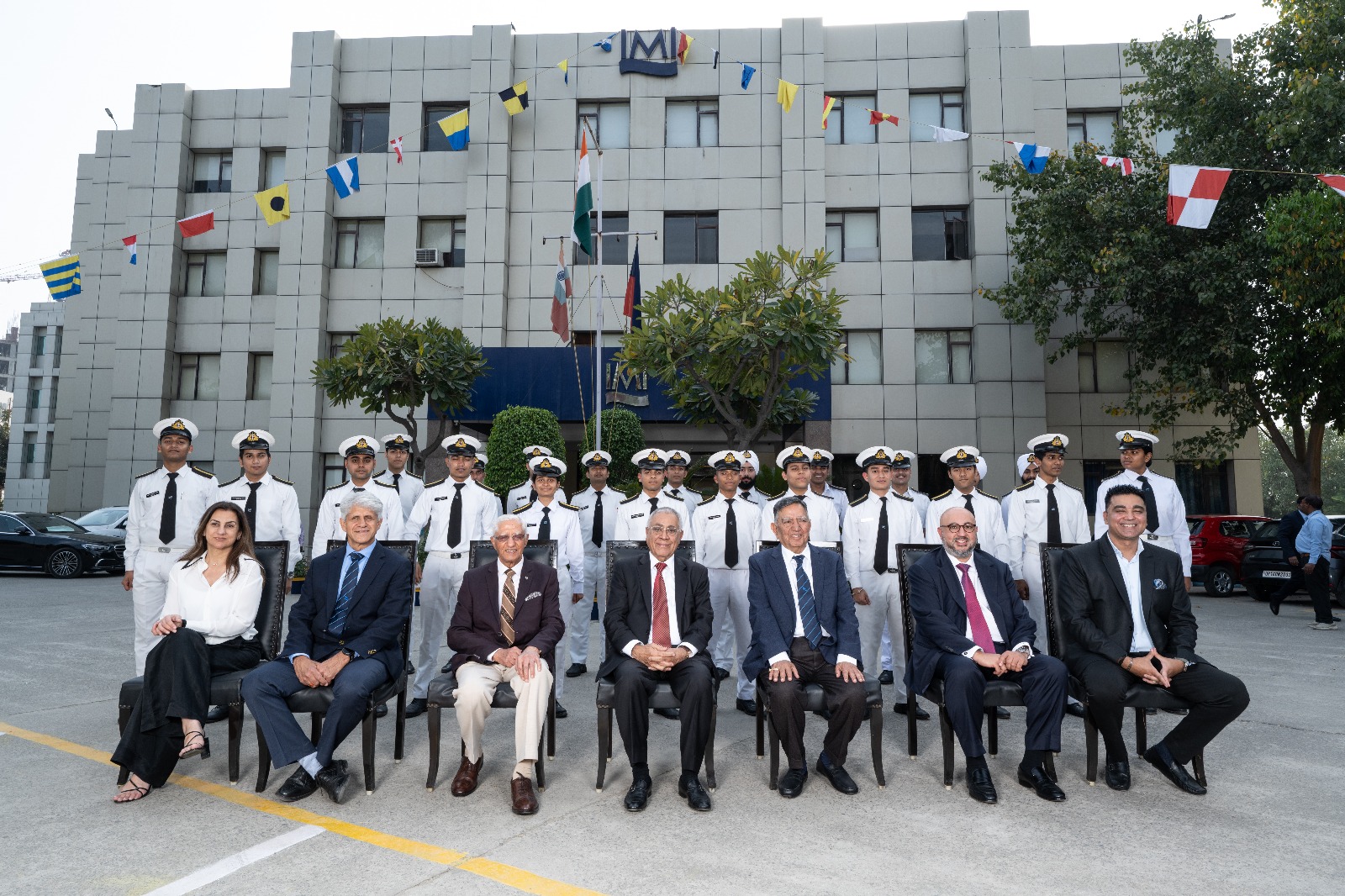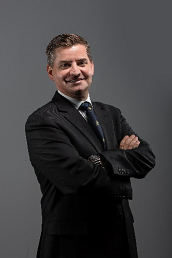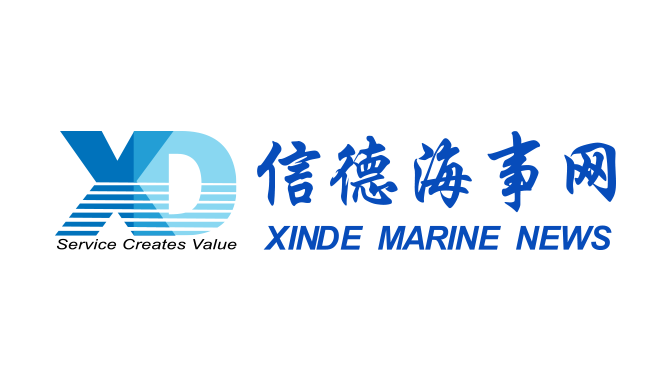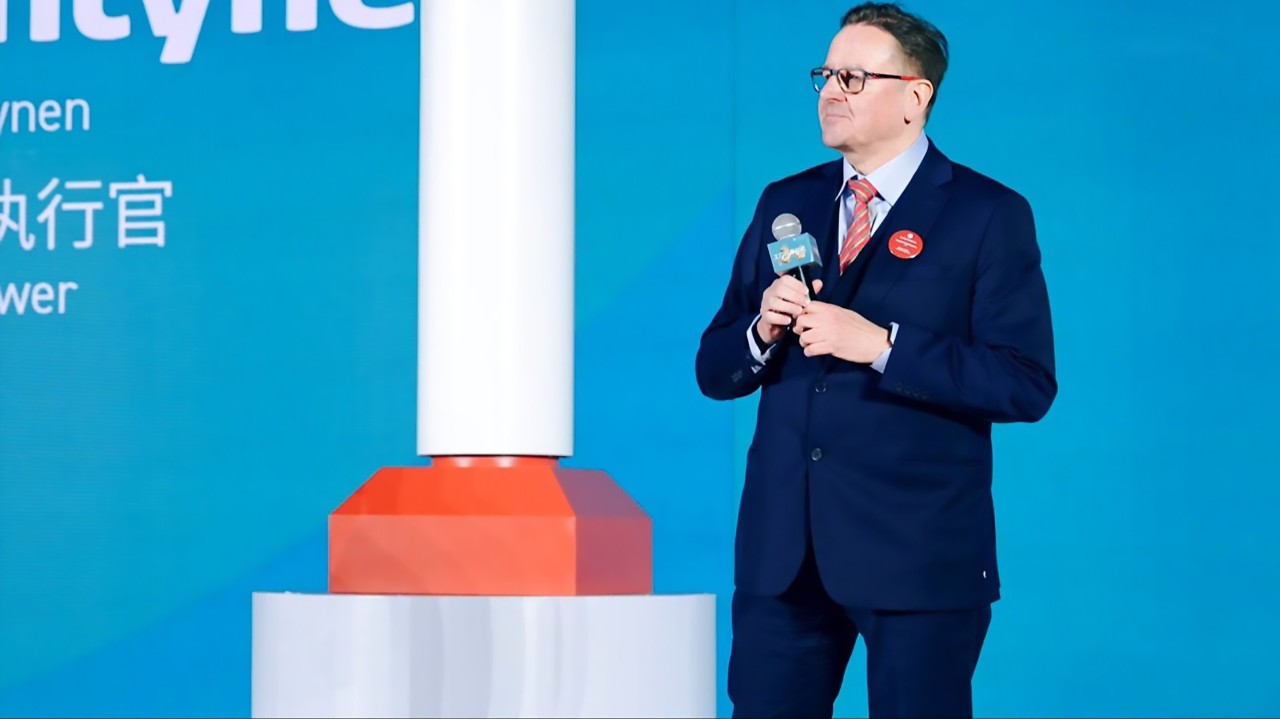
Mr. Simon Neo is the Exe Director of SDE INTERNATIONAL PTE LTD, which formed by like mind individuals with a combine total of about 80 years of experience within the bunkering and oil industry. He gave the answer that how is Asia transforming itself in light of IMO 2020 in 2019 International Ship Management and Technology Forum on 4th Dec.
Major bunkering port and shipping hubs like Singapore, China, South Korea, Japan, Malaysia, Indonesia, Vietnam are all gear up for the new regulations. China was among the first in Asia to adopt the 0.5% sulphur cap since the beginning of this year (2019). The rest will implement the 2020 sulphur cap on 1st Jan 2020.
Simon introduced that 2 weeks ago Malaysia and Indonesia has come out to say all vessels calling its port or within its territorial water must burn compliance fuels as pre IMO regulations from 1st Jan 2020 onward and major bunker port like Singapore, China etc, has also ensure that all compliance fuel of ).5% and 0.1% sulphur are available and not forgetting the 3.5% sulphur fuel oil also continue to be available for ships with scrubbers.
“In light of this new requirements, most major bunkering ports are also now looking into alternative fuel for long term sustainability. Some of the alternative fuel that major bunkering ports are looking into, aside from LNG, they are looking at Bio Fuel, Methanol, Bio Methanol, Hydrogen and so others. Indonesia just couple of months back, tested with Bio Fuel using Palm Oil. This is something the industry could look forward to if we want to go hydro carbon free by 2050. More ports are now looking into building their capability and infrastructure for bunkering”, he said, “IMO has also come out with guidelines for port state on how to ensure compliance”.
“Ship owners holds the most responsibility in this new environment. Port state will only check vessels going into their port to ensure compliance. No checks by port state on the bunker suppliers, unless the port regulates the bunker suppliers with licenses just like in Singapore. In the event that port find non compliance fuel onboard the vessels what can the vessel do, nothing much. MEPC.1/Circ.881 Guidance for Port State Control on Contingency Measures for Addressing non-compliant fuel oil”.
“For vessels fixed with scrubbers, there are 3 type in the industry, open loop, close loop and the hybrid type. Singapore and Malaysia has ban open loop scrubbers within their territorial water. That means vessels with scrubbers can only burn either low sulphur fuel or 0.5% sulphur gas oil when they arrive within their territorial water. Indonesia is still considering as of now. Japan allow all type of scrubbers within their territorial water.”
Simon also stressed that industry will see plenty of problems arising from the initial implementations and how samples are taken during bunkering will play a part of this whole process.
The opinions expressed herein are the author's and not necessarily those of The Xinde Marine News.
Please Contact Us at:
admin@xindemarine.com


 Dr. Harry S. Banga and Mr. Angad Banga of The Carav
Dr. Harry S. Banga and Mr. Angad Banga of The Carav  Liberian Registry Welcomes Kyle Hurst as Senior Vic
Liberian Registry Welcomes Kyle Hurst as Senior Vic  KATALIST: Accelerating Green Shipping through Innov
KATALIST: Accelerating Green Shipping through Innov  Revealing the risks: digital solutions for complian
Revealing the risks: digital solutions for complian  Beibu Gulf Port Chairman Zhou Shaobo Passes Away at
Beibu Gulf Port Chairman Zhou Shaobo Passes Away at  Exclusive Interview with Norsepower CEO: Bringing S
Exclusive Interview with Norsepower CEO: Bringing S